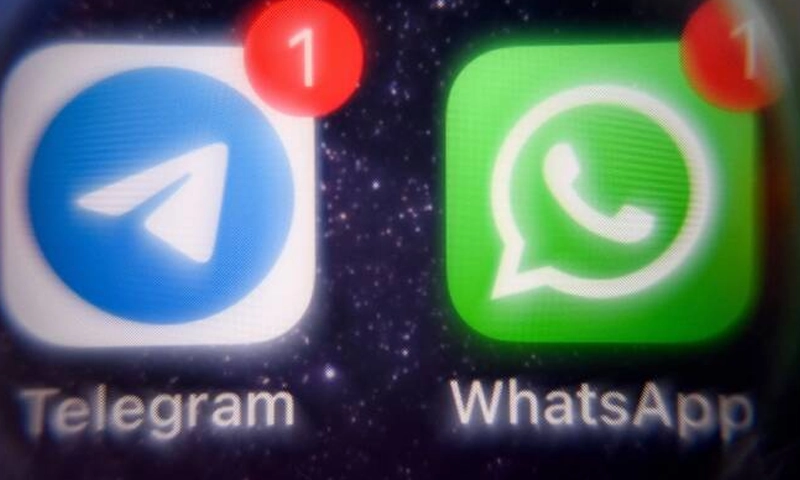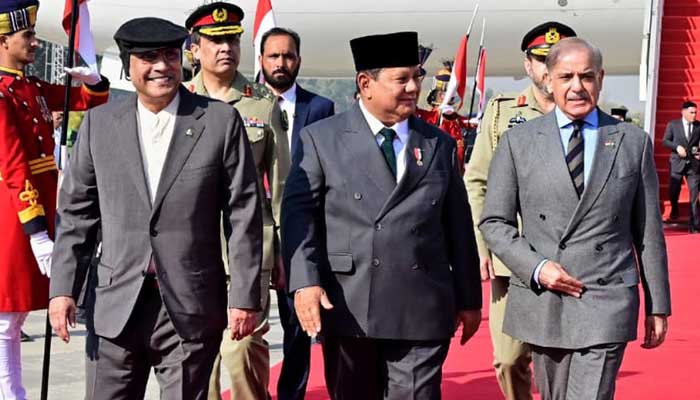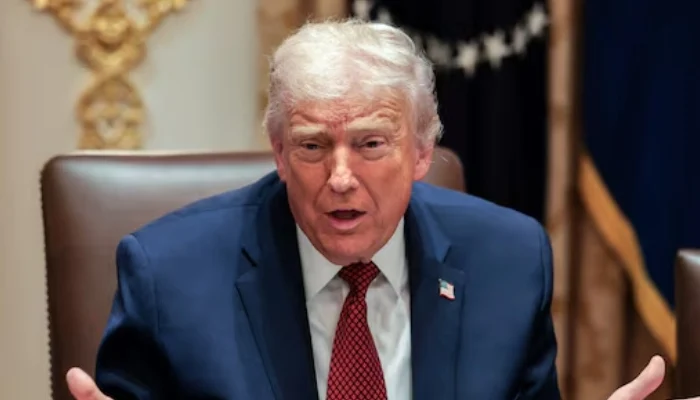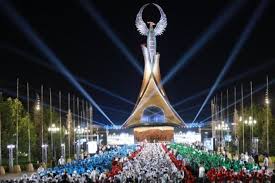
Pakistan
WhatsApp accuses Russia of restricting secure communication
WhatsApp has accused Russian authorities of trying to block millions of people from accessing secure communication after Moscow began restricting calls on the messaging platform, part of a wider push to promote home-grown social media and tighten control over the internet.
Russia said on Wednesday it had started curbing some WhatsApp and Telegram calls, accusing the foreign-owned services of failing to share information in fraud and terrorism cases. Text messaging and voice notes remain unaffected.
The move comes amid a long-running dispute with Western tech firms, which deepened after Russia’s 2022 invasion of Ukraine. Moscow has since blocked Meta’s Facebook and Instagram, slowed access to YouTube, and fined platforms that refused to comply with local content and data rules.
“WhatsApp is private, end-to-end encrypted, and defies government attempts to violate people’s right to secure communication, which is why Russia is trying to block it from over 100 million Russian people,” the Meta-owned app said in a statement, pledging to maintain encrypted access.
Telegram said it actively removes harmful content, using AI tools to detect calls for violence or fraud, while deleting millions of malicious messages daily.
According to research firm Mediascope, WhatsApp reached 97.3 million people in Russia in July 2025, followed by Telegram with 90.8 million and VK Messenger — from state-controlled VK — with 17.9 million.
Read More
Nemanja Matic leaves Lyon after contract termination
The restrictions have caused connectivity problems in some regions, with taxi drivers in southern Krasnodar complaining of broken online navigation services in public Telegram forums.
Authorities are meanwhile promoting MAX, a state-run messaging platform integrated with government services, raising concerns among rights groups about surveillance and user tracking. Senior politicians have begun migrating to MAX, urging supporters to join.
Human Rights Watch said in a report last month that Russia is “meticulously expanding” its legal and technical tools to isolate and control its section of the internet. A newly approved law further tightens censorship, including penalties for accessing content deemed extremist — even when using VPNs.








